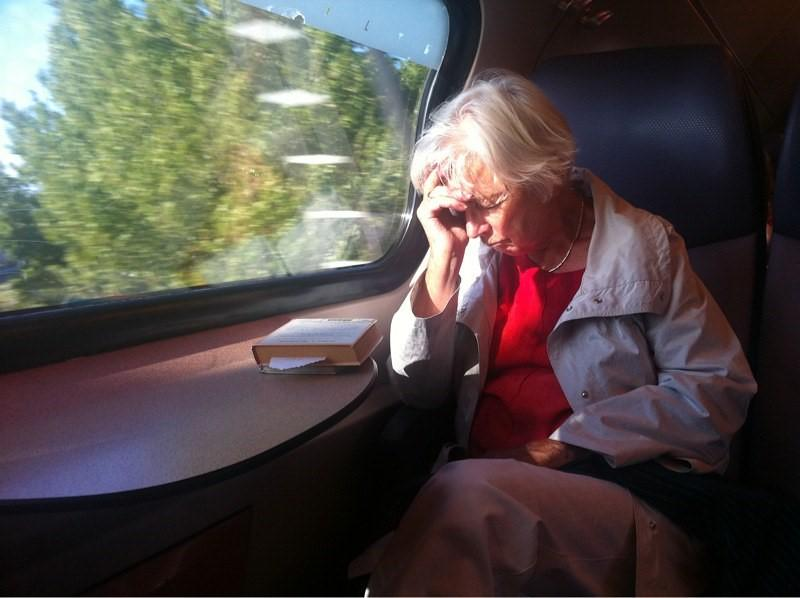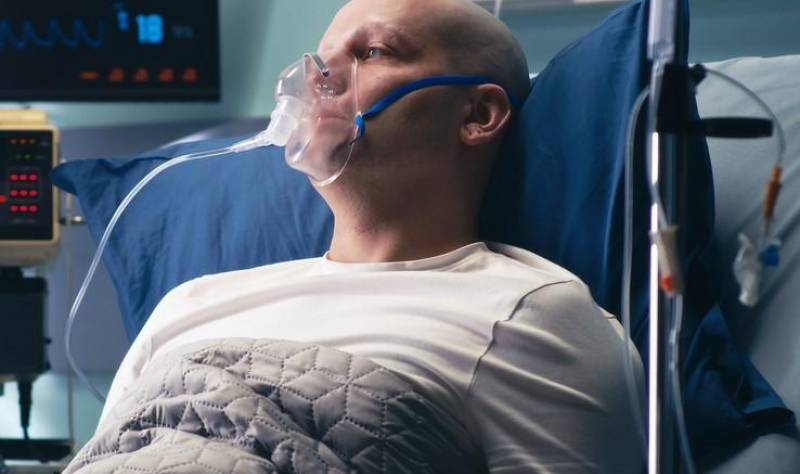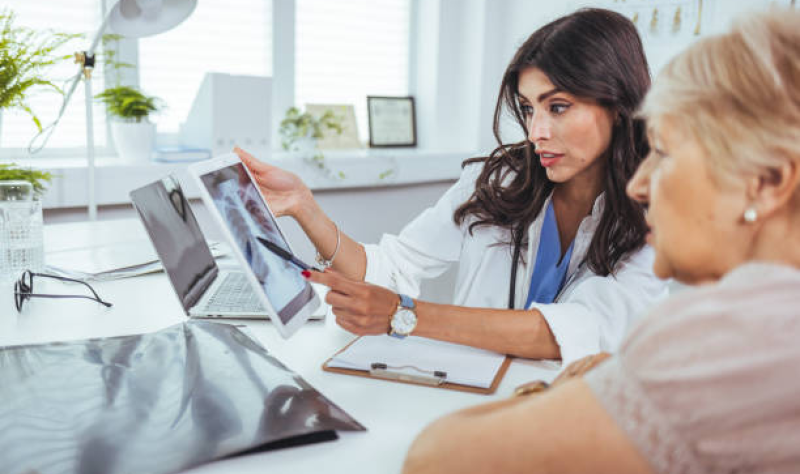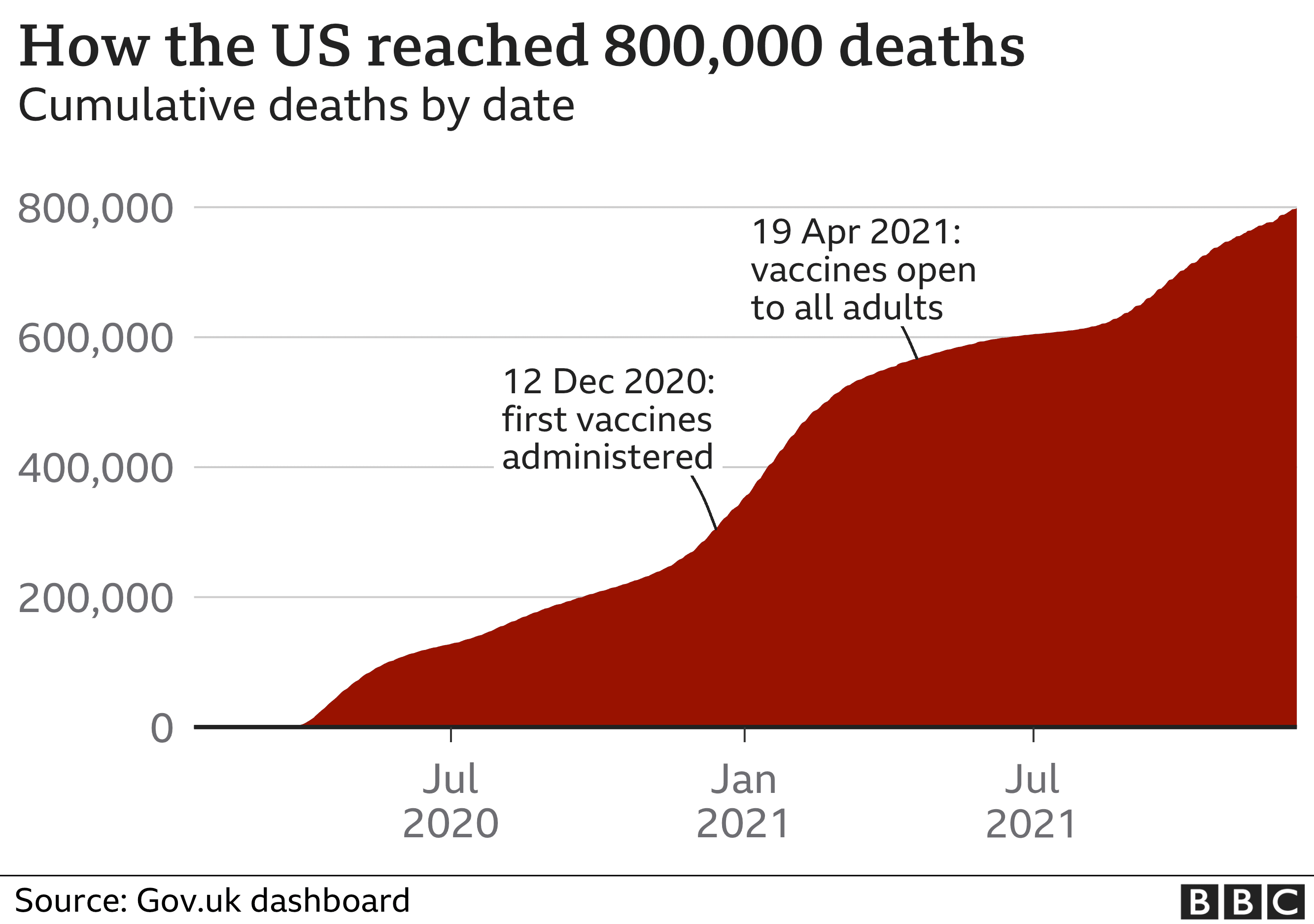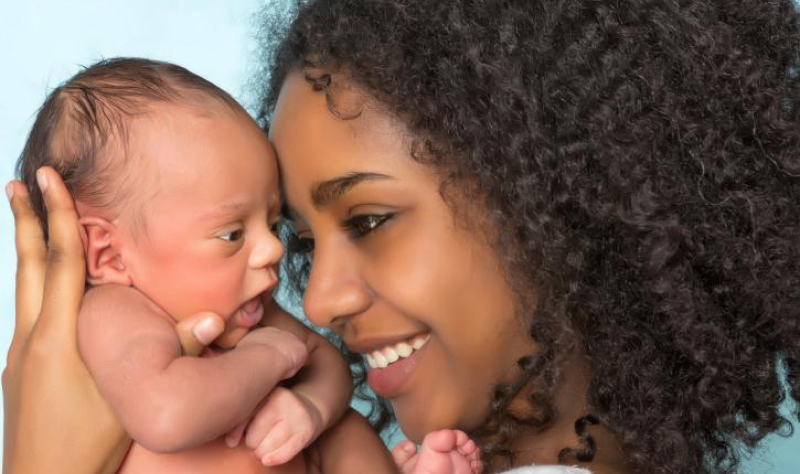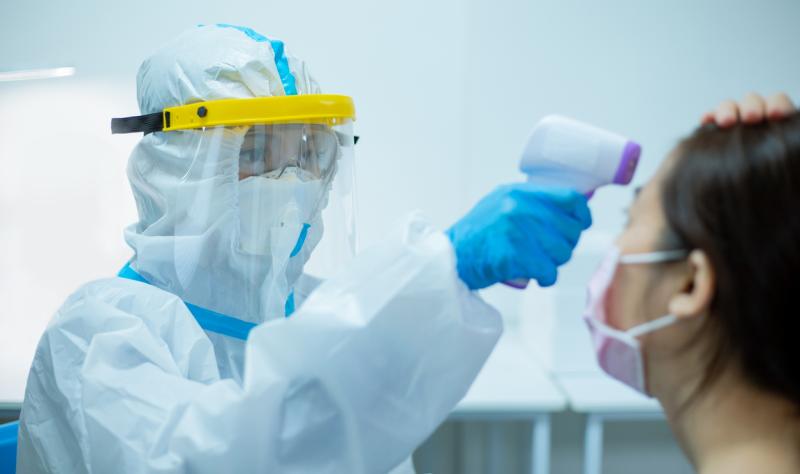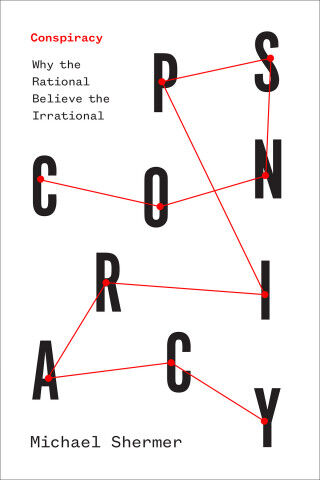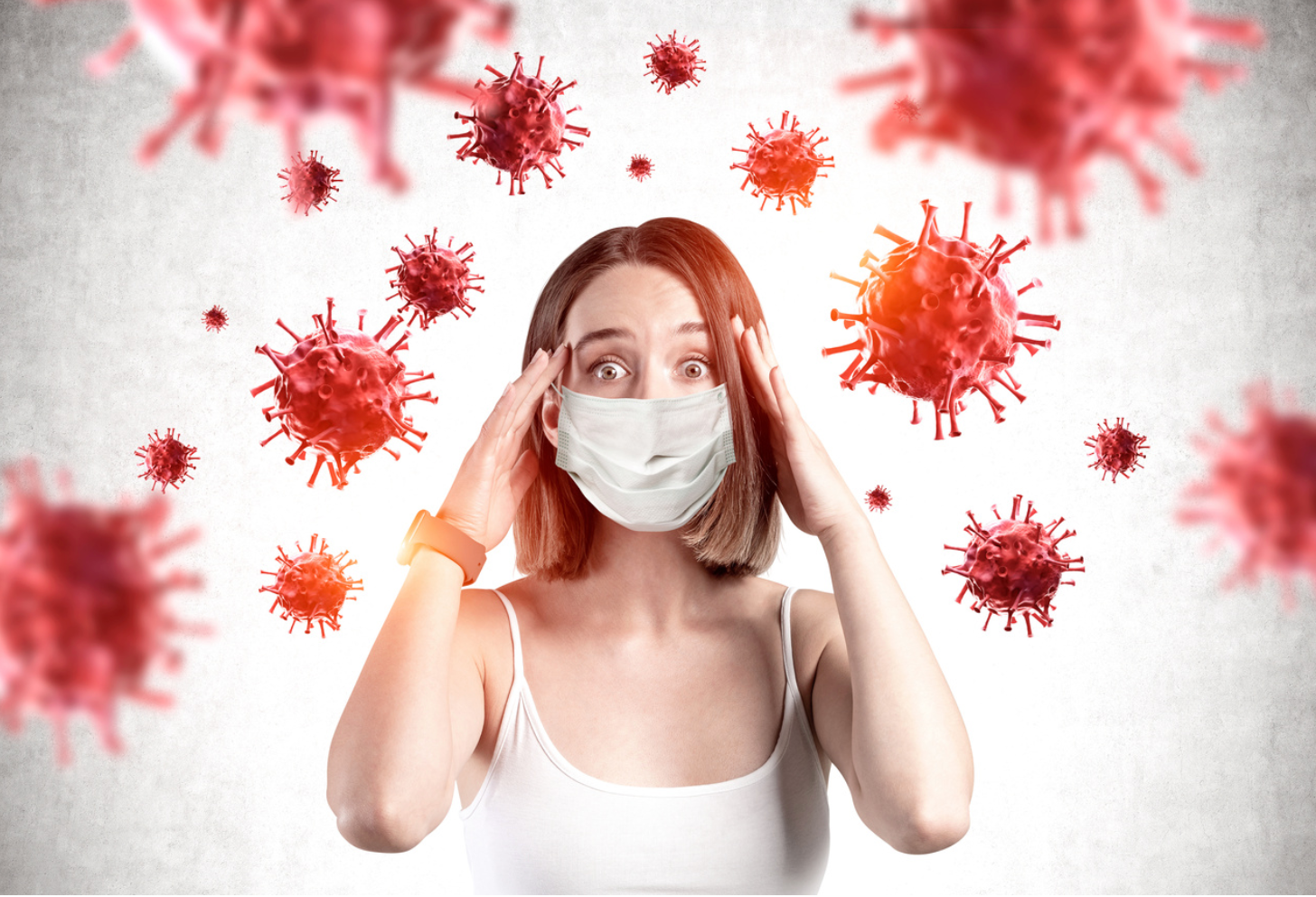COVID in California: BQ and XBB subvariants have ‘alarming antibody evasion’
COVID in California: BQ and XBB subvariants have ‘alarming antibody evasion’ San Francisco Chronicle


As signs grow of the expected winter COVID-19 surge, health experts in the Bay Area offer new advice on how to protect yourself and others, including whether it’s time to put back on masks when you’re out in public. Former President Bill Clinton has tested positive for the coronavirus and says he’s experiencing mild symptoms and working at home. New research suggests emerging subvariants in the BQ and XBB family show “alarming antibody evasion.” And a San Jose church that defied pandemic orders to halt in-person services won’t have a pay a penalty after the California Supreme Court followed a U.S. Supreme Court ruling.
New admissions of patients with confirmed COVID-19 in the U.S. have increased substantially since the Thanksgiving weekend, with a 20% jump among older adults compared to the week prior, according to numbers updated overnight by the U.S. Centers for Disease Control and Prevention. The overall seven-day average of new daily admissions for all age groups is 4,126, up from the prior average of 3,503. The agency’s national ensemble predicts that the number of new daily confirmed COVID-19 hospital admissions will likely increase, with 1,600 to 11,000 additional patients likely to be reported on Dec. 23. California is likely to see up to 1,000 new admissions in that time, based on state-level forecasts.
BQ and XBB subvariants have “alarming antibody evasion” properties, study finds
The emerging coronavirus omicron BQ and XBB subvariants, which are rapidly expanding in the U.S., have additional spike mutations that may give them altered antibody evasion properties, according to a preprint study by researchers at Columbia University. The authors found that neutralization of BQ.1, BQ.1.1, XBB, and XBB.1 by sera from vaccines and infected persons was markedly impaired, including sera from individuals who received the updated bivalent booster shot. Compared to the ancestral strain of the virus, they found that the new subvariants were “barely susceptible to neutralization” by sera from vaccinated individuals with or without prior infection. Treatment options were also impacted.
“A panel of monoclonal antibodies capable of neutralizing the original omicron variant, including those with emergency use authorization, were largely inactive against these new subvariants,” they wrote, adding that the spike mutations that conferred antibody resistance were individually studied and structurally explained. They said that the new strains have “alarming antibody evasion” properties: “Taken together, our findings indicate that BQ and XBB subvariants present serious threats to the efficacy of current COVID-19 vaccines, render inactive all authorized monoclonal antibodies, and may have gained dominance in the population because of their advantage in evading antibodies.”
FDA pulls authorization for last remaining monoclonal antibody treatment
The U.S. Food and Drug Administration said on Wednesday that it has pulled its emergency authorization for bebtelovimab from Eli Lilly, which was the last remaining COVID-19 antibody therapy in use, because newer BQ and XBB subvariants of the coronavirus have rendered it ineffective. “Given that a COVID-19 infection is likely to be caused by a non-susceptible SARS-CoV-2 variant, and consistent with the terms and conditions of the Letter of Authorization, bebtelovimab is not currently authorized for emergency use in any U.S. region at this time,” the FDA said in a statement. It added that Eli Lilly has paused commercial distribution of the drug until further notice. The agency recommended that remaining supplies of bebtelovimab be held in case another variant that is more susceptible to the treatment becomes prevalent in the future. Eli Lilly confirmed it has complied with the order and is working on new potential treatments. “Lilly will continue to search and evaluate monoclonal antibodies to identify potential candidates for clinical development against new variants,” the company said in a statement.
What Bay Area health experts say about masking amid rising COVID cases
Some people may be wondering how to navigate a period in the pandemic where precautions are largely up to the individual. As the holidays arrive and COVID numbers show signs of climbing again — albeit not so far to previous surge levels — what are currently the best practices to stay healthy? How much safety is needed? We spoke to Bay Area public health experts for their perspectives on masking and other precautions heading into the holidays, and the verdict was to be as careful as you need to be, for yourself and the people around you. Read more about the latest advice on whether to don a mask again when you go shopping and how to prepare for big family gatherings during the festive season.
Hospital entry screenings have little benefit, Yale study suggests
Hospital entrance screenings, such as asking about symptoms or taking the temperature of people entering the facility, offer limited benefits in controlling the spread of COVID-19 infection, according to a study conducted at Yale New Haven Hospital in Connecticut. Of the 951,033 screenings performed at the academic medical center between March 2020 and May 2021 only about 0.07% identified people who had a fever, shows the report published in JAMA Internal Medicine. The facility employed 30 full-time equivalent staff members to maintain its 24-hour screening program, which equated to about $1.3 million in total annual compensation. The measures — required by the U.S. Department of Labor — rely on self-reported factors such as symptoms or exposure history and are intended to reduce risk to patients and health care workers, two physicians from UCSF and NYC Health wrote in an editor’s note accompanying the study. “Surveillance screening is expensive for healthcare systems and a daily annoyance for those who work there,” they said. “The authors suggest that screening may have maximum utility during the early phase of a public health crisis. Nonetheless, self-reported symptoms have a low sensitivity for true infection with COVID-19, so it remains unclear the degree to which screening measures are truly effective in reducing the spread of COVID-19.”
San Jose church that defied COVID orders won’t have to pay state fines
Bowing to U.S. Supreme Court rulings allowing religious institutions to hold worship services during the COVID-19 pandemic, the California Supreme Court refused Wednesday to reinstate $190,000 in fines against a San Jose church and its pastors for defying state and county limits on indoor public gatherings. Calvary Chapel San Jose and its pastors, Mike McClure and Carson Atherley, were found in contempt of court by a Santa Clara County judge in December 2020 and in February 2021 for violating state and local orders to restrict attendance at indoor services. The restrictions were aimed at limiting respiratory transmission of the deadly coronavirus. Read more about a series of court cases that pitted public health policy against freedom of religion.
Paxlovid safe for pregnant patients and fetuses, study finds
Pregnant women who used Paxlovid tolerated the antiviral medication well and without evidence of an increase in complications affecting them or their fetuses, according to a new study by researchers at Johns Hopkins. In the report published Tuesday in JAMA Network Open, the researchers selected participants from 3,442 pregnant women with mild or moderate COVID-19 infections who were seen within the Johns Hopkins Health Systems between March 15, 2020, and Aug. 20, 2022. From this group, 47 people who met the study criteria were given the combination of drugs nirmatrelvir and ritonavir, which make up Paxlovid, and 96% of the participants completed the course of therapy, tolerating it well. Of these, 25 of the participants delivered babies following the treatment, with 12 of the deliveries done by cesarean section. Of those, 9 were scheduled and not related to the Paxlovid treatment. Two participants were hospitalized for pre-existing conditions and not severe COVID. “Based on our results, we feel that the benefit to both the mother and the developing fetus of preventing severe COVID outweighs any potential risks from Paxlovid therapy,” said study lead author William Garneau, assistant professor of medicine at the Johns Hopkins University School of Medicine, in a press release accompanying the study.
President Clinton experiencing mild symptoms after testing positive
Former President Bill Clinton said Wednesday that he is experiencing mild symptoms after he tested positive for COVID-19. “I’m grateful to be vaccinated and boosted, which has kept my case mild, and I urge everyone to do the same, especially as we move into the winter months,” Clinton said in a tweet. The 42nd president, 76, added, “I’m doing fine overall and keeping myself busy at home.”

